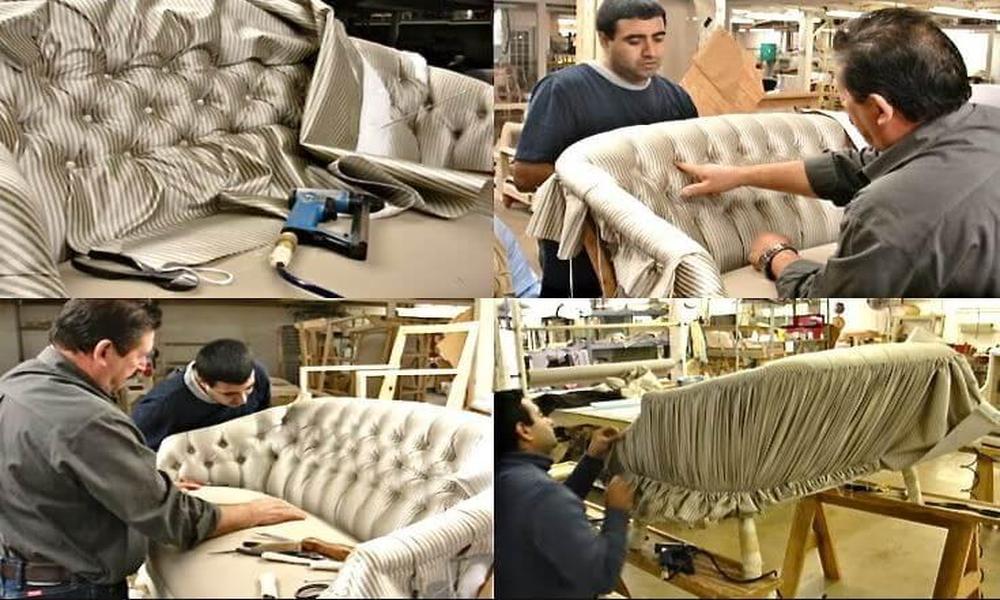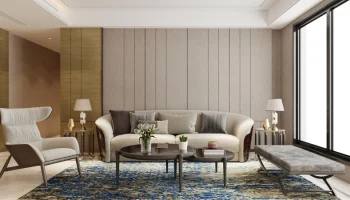Vacuum regularly: Dirt and debris can accumulate on the surface and within the fibers of your upholstery. Regular vacuuming with an upholstery attachment can help remove this debris and prevent it from causing damage.
Avoid direct sunlight: Exposure to direct sunlight can cause fading and discoloration of your upholstery. Keep your furniture away from windows or use window treatments to block out the sun.
Clean spills immediately: Accidents happen, but it’s important to clean up spills as soon as possible to prevent staining and damage to the upholstery. Blot up the spill with a clean cloth or paper towel, and use a gentle upholstery cleaner to remove any remaining stains.
Rotate cushions: If your upholstery includes removable cushions, be sure to rotate them regularly to prevent uneven wear and tear.
Use upholstery protectant: Upholstery protectant can help repel stains and prevent damage from spills and other accidents. Be sure to follow the manufacturer’s instructions when applying the protectant.
Believe In Your UPHOLSTERY Skills but Never Stop Improving
The upholstery industry, like many others, is constantly evolving. New technologies and techniques are being developed all the time, and staying up to date with these changes can give you a competitive edge. Additionally, by continuing to learn and improve, you can increase the quality of your work, which can lead to more satisfied customers and better business outcomes.
However, improving your skills doesn’t necessarily mean that you need to go back to school or take expensive courses. There are many free or low-cost resources available online that you can use to learn new techniques, such as YouTube tutorials or online forums where upholstery professionals share tips and tricks.
Ultimately, believing in your skills and abilities is important, but never stop striving for improvement. With dedication and hard work, you can become an even better upholsterer and achieve greater success in your career
UPHOLSTERY: Do You Need It? This Will Help You Decide!
Upholstery refers to the materials such as fabric, leather, or vinyl that are used to cover furniture, especially seating such as chairs, sofas, and recliners.
Whether you need upholstery or not largely depends on your personal preferences and the intended use of the furniture. Here are some factors to consider:
Comfort: Upholstery provides padding and cushioning to make furniture more comfortable to sit on. If you plan to use your furniture for lounging or relaxation, then upholstery is a good choice.
Appearance: Upholstery can enhance the appearance of furniture and give it a more polished look. If you want your furniture to looking stylish and elegant, then upholstery can be a good option.
Durability: Upholstery can protect the underlying structure of furniture from wear and tear, increasing its lifespan. If you want your furniture to last longer, then upholstery can be a good investment.
Maintenance: Upholstered furniture may require more maintenance than bare furniture, as the upholstery can accumulate dust, dirt, and stains. If you are willing to put in the effort to maintain your furniture, then upholstery can be a good option.







